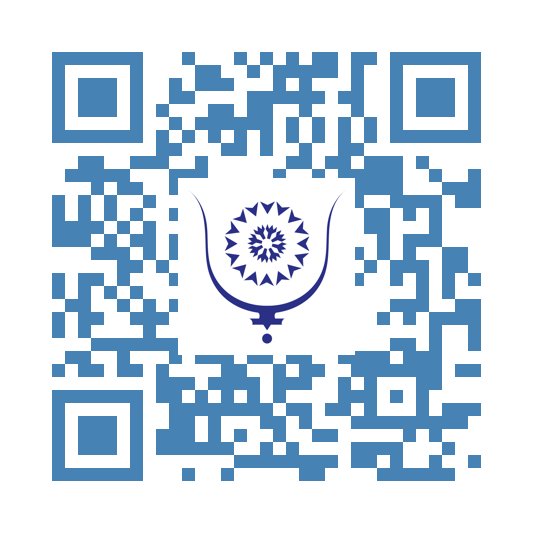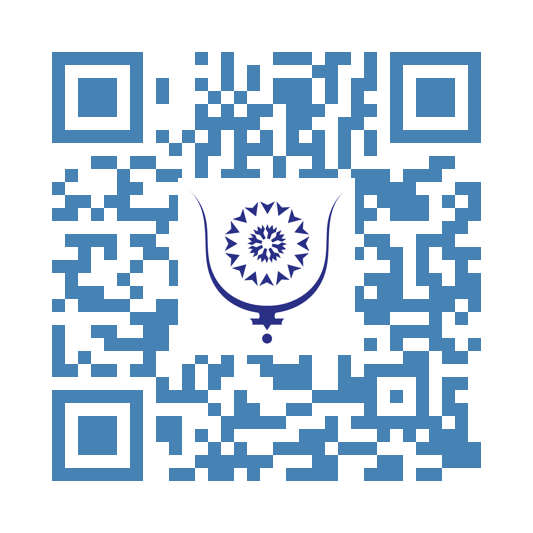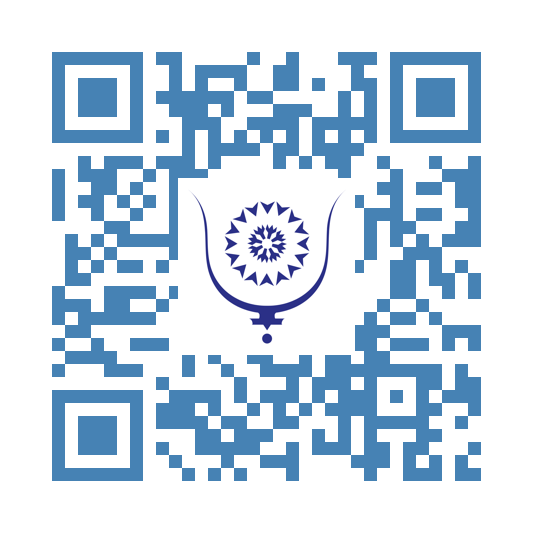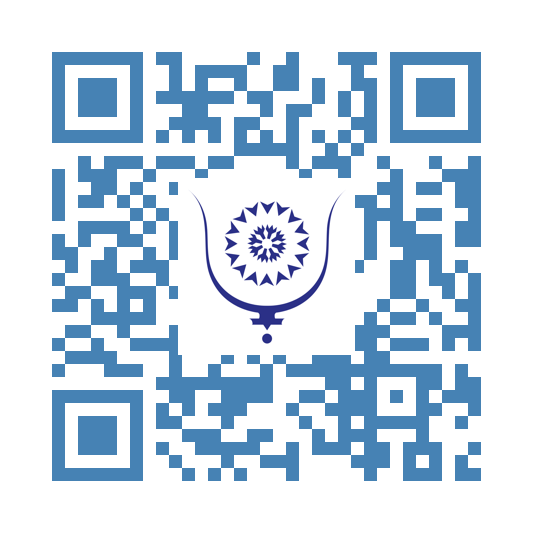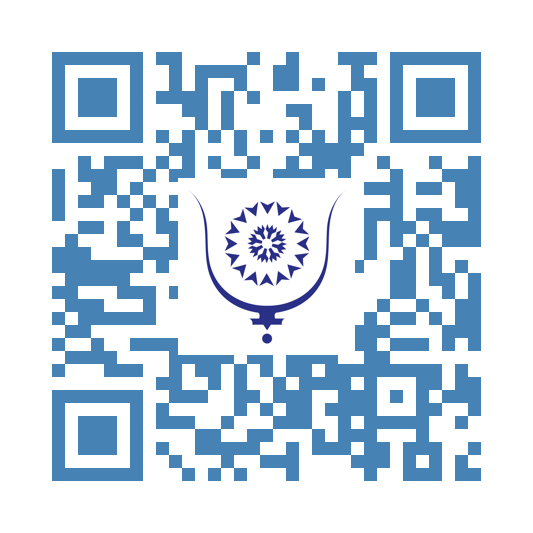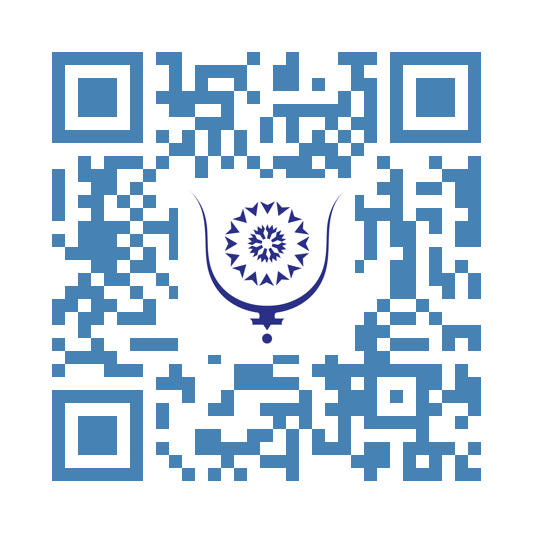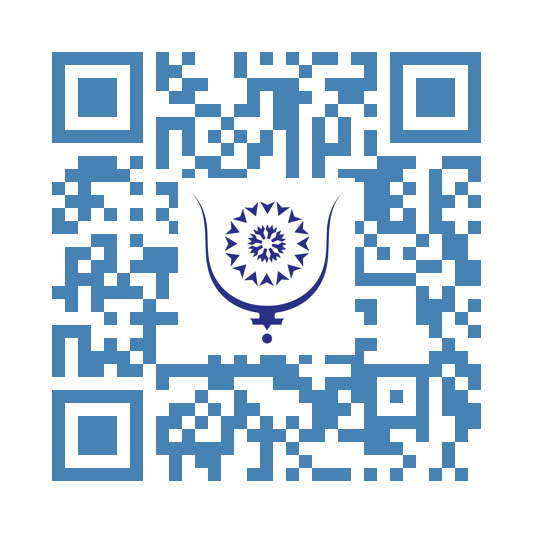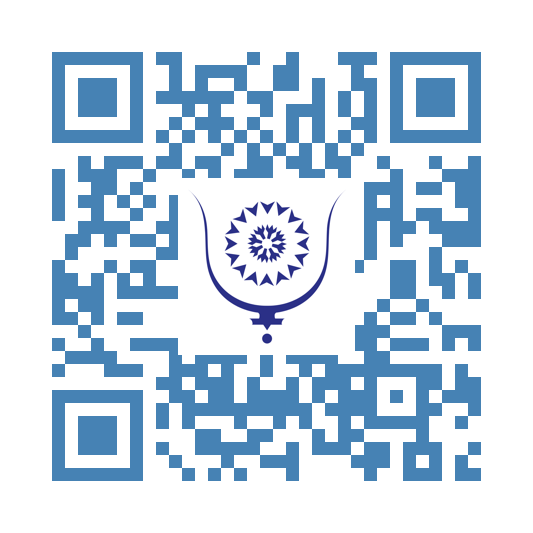Macron in the White House, the hidden humiliation...
10072
Without a doubt, the followed event this week was Macron's visit to the US. How he would be treated after the cold sweats endured with skill and patience by the King of Jordan and the Polish President, assigned to wait in the corridors for an hour and a half before being given 10 minutes of interview time, suffering a cruel humiliation at his expense. He will not be returning here any time soon. Unless...
From the first images, it was clear that things were going to be different. Hugs, familiarity, debonair and mocking laughter followed in quick succession. Was this obvious duplicity or a posture of convenience? Who knows? Both were overacting. Trump is known to be a jokester, he showed a great sympathy for his guest, mentioning Notre-Dame and describing Mrs Macron as charming.Macron, on the other hand was more annoyed than genuinely happy.His joy appeared at times when his forehead relaxed for a few seconds. He must have wondered, and with him the press, a little larger than usual: had he been received here for his stature, out of consideration for his country or as the leader of Europe, which he wanted to play by beating the British PM to the White House?
Poorly seated in the Voltaire armchair to the right of his host, with the backdrop of a fireplace that had not been lit for, Macron was about to be subjected to a veritable diatribe from Trump. At his Resolute Desk, in front of a lectern or in an armchair, Trump is the same: self-assured, determined and oblivious to what others may think. What matters is what he says. We're used to the US Presidents speaking on behalf of departments that meticulously prepared the remarks, the narrative and the story. Now it's Trump who sets the course, unashamedly in public; it's up to the administration to implement.
Macron will therefore have to endure and, above all, learn things first-hand. Trump began by announcing that Zelensky would be flying to Washington ‘either this week or next week to sign’. So, he's telling Macron in public what he is normally supposed to do in private, away from the cameras.
In fact, he is trumpeting the economic capitulation of Zelensky, whom he had stripped of legitimacy a few days before, calling him a dictator. In essence, he is saying that he wants to recover the American money unjustly spent by Biden on an idiotic war. He set the figure at 350 billion USD. To do this, he is going to get his hands on the rare earths in Ukraine. Concomitantly Putin says that he is ready to cooperate with the Americans to exploit these minerals.
In fact, much of this wealth are in the areas annexed by Putin which he calls ‘the new territories’. When asked about Ukraine's recovery of the land it lost during the war, Trump replied ‘it's not easy’. These heralds the other phase of the capitulation. It's territorial, no doubts any more.
By linking these remarks to those in which Trump informs that Ukraine will have to forget its desire to join NATO, is he not announcing the political capitulation and the end of the Zelensky who more than ever, must regret having played with fire. Respecting the Minsk agreements would perhaps have spared him what he is about to experience: losing rare earths, ceding 20% of the territory and probably giving up his presidency.
Macron seemed to be sitting on a folding seat with no margin of comfort; so uncomfortable that you could see the pronounced wrinkles on his nervously contracted forehead and his furrowed brows. He was being tutored by Trump. Embarrassment on the one hand, ease, precision and assurance on the other. He made several attempts to speak, while his host looked the other way. When he finally conceded the courtesy of letting him speak, Macron was a little confused before finding a decent speaking rhythm and a presidential voice. He even apologized for speaking French. In such circumstances one often returns to mother tongue to regain a little ease. When he said that Europe would like a swift, fair and lasting agreement, implying that he was refusing a dictatorship, Trump did not flinch. He had said what he had to say and would not discuss it. The future of the region is not being decided in Europe but in Saudi Arabia, which is entitled of epithets, each more eulogistic than the last, with its Crown Prince, whom he calls King, incidentally. Macron seems to be addressing the Frenchs and Europeans. Trump is addressing Americans and the world. He repeats that if he had been president, this war would never have happened. He blames his predecessor, and at the same time the European warmongers.
Indeed, come to think of it, with a bit of hindsight, without justifying Putin's warlike enterprise, who among the Europeans still talks about the Azov regiment, which came into being in 2014 in Mariupol, a neo-Nazi formation that sowed terror among Russian speakers, weighing heavily on the country's politics and largely contributing to the election of Zelensky? Every day, they marched in their provocative black outfits, yellow flags with a stylized swastika on their arms, pumped up on hormones, shouting ultra-nationalist chants of rare malice. At the time, this seemed to annoy the Europeans, who magically forgot all about Azov as soon as Putin began the invasion, which he justified as a fight against Nazism. Who is still talking about the Minsk agreements and the trick played by Merkel and Hollande to buy time for Ukraine? These agreements were signed to guarantee peace. Ukraine never respected them, with Europe's blessing.
Trump does not mention any of this, but makes it clear that the European position of cutting off all relations with Putin was ill-advised. Macron tryed to justify himself but was not convincing anyone. This is borne out by the very few questions to him. He wanted to gain a foothold in the situation, proposing that Europe is prepared to send peacekeeping troops to Ukraine. Is this naivety or much worse? Trump cast a furtive glance at his ‘counterpart’ and moved on. How could Putin accept a European army on his borders, from countries that financed a war against his armies. European troops there would be like installing NATO without the Americans.
When Macron tried to position Europe on the question of the sums spent, saying that Europe had contributed 60% of the war effort, Trump smiled sarcastically, one arm stretched forward, waved his hand as if to say:‘I don't believe you, you little liar’. A cute gesture, highly indicative of Trump's perception of his European peers. It also means: the rare earth’s affairs is between Putin and me.
Final signature to this skillfully orchestrated production, a journalist confirmed to Trump that he had the broad support of the Americans for everything he was doing. The powerful man nodded generously as he straightened his torso, as if to say to his host: ‘You see, I have the support of my people, not you’.
In the Oval Office that afternoon, a guest was treated politely, but there was only one interlocutor, and that was Mr Trump.
Share:
Macron in the White House, the hidden humiliation...
copy:
https://bluwr.com/p/114291792





